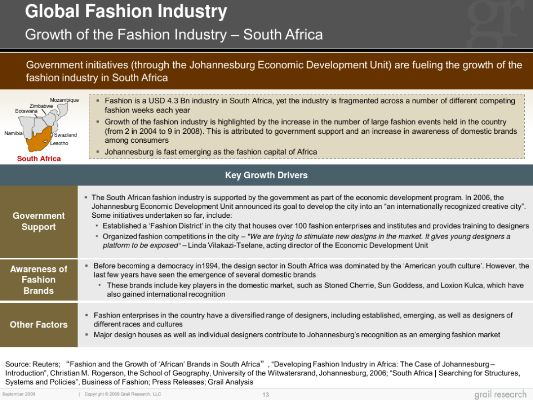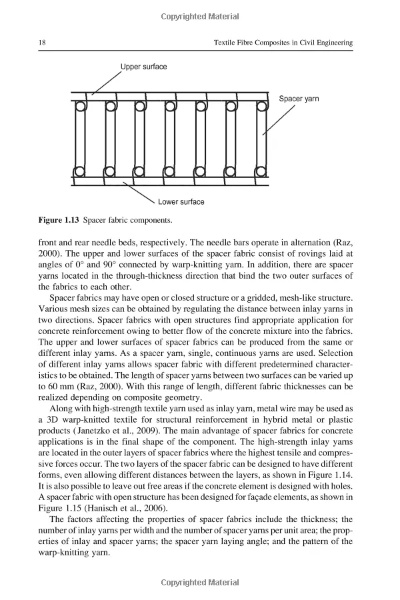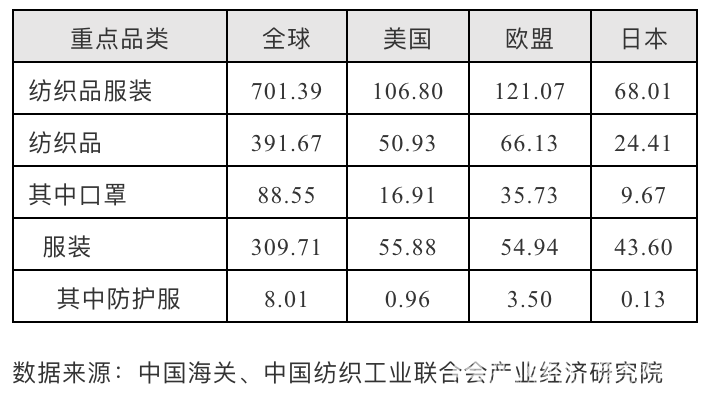The Impact of Textile Technology on Global Fashion and Sustainable Development
Introduction:
Textile technology has revolutionized the fashion industry, making it more sustainable, affordable, and accessible. This essay will explore the impact of textile technology on global fashion and sustainable development. We will examine how new materials, innovative manufacturing processes, and digital technologies are transforming the fashion industry, and how these advancements are contributing to a more sustainable future.
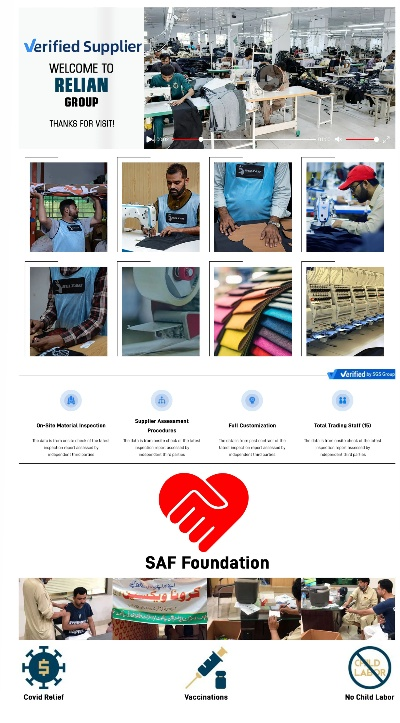
New Materials:
One of the biggest breakthroughs in textile technology is the development of new materials. These include eco-friendly fabrics made from recycled or organic materials, as well as synthetic fibers derived from renewable sources. For example, Tencel, a wood pulp-based material, has become popular in the fashion industry due to its sustainability and breathability. Another example is Lyocell, a cellulose-based material that can be dyed using non-toxic chemicals.
Innovative Manufacturing Processes:
Textile technology has also led to the development of innovative manufacturing processes that reduce waste and increase efficiency. Some examples include the use of water-based inks instead of solvent-based ones, which reduces waste and improves the environmental footprint of the production process. Additionally, the use of digital printing technologies such as hot-press transfer printing, which allows for higher quality and faster production times, has become increasingly popular in the fashion industry.
Digital Technologies:
The rise of digital technologies has also had a significant impact on the textile industry. From virtual reality to augmented reality, designers and manufacturers are using these tools to create immersive experiences for consumers. For example, a company may use virtual reality to allow users to try on a garment virtually, without having to physically fit into it. Similarly, an augmented reality app could help consumers find clothing styles based on their body type and preferences.
Case Study:

One example of how textile technology is driving sustainable development in the fashion industry is the case of Patagonia. Patagonia's commitment to sustainable fashion has been driven in part by its investment in new materials and manufacturing processes, including the use of recycled polyester and bio-dyes. Additionally, the company has been at the forefront of digital marketing and social media, using data analytics to better understand consumer behavior and tailor products accordingly.
Conclusion:
Textile technology is driving innovation and transformation in the fashion industry, making it more sustainable, affordable, and accessible. By adopting new materials, manufacturing processes, and digital technologies, fashion brands can create products that meet consumers' needs while reducing their environmental impact. As such, it is important for the fashion industry to continue investing in these areas to ensure long-term success and contribute to a healthier planet.
在本次纺织品结课论文中,我们将深入探讨纺织品在日常生活中的应用以及其在不同领域中的发展,本论文将通过案例分析、理论阐述和图表展示等多种方式,全面展示纺织品在结课过程中的研究成果。
纺织品在日常生活中的应用
- 服装行业:纺织品在服装行业中的应用广泛,从面料选择、款式设计到色彩搭配等方面都有丰富的选择,天然纤维如棉、麻等因其舒适性、透气性和环保性受到消费者的青睐,功能性纺织品如防紫外线、抗菌等也在市场上占据了一席之地。
- 家居装饰:纺织品在家居装饰中的应用也日益广泛,从窗帘、地毯到床上用品,各种材质和图案的纺织品为家居环境增添了艺术性和实用性,环保纺织品也逐渐成为家居装饰的新趋势。
- 纺织品的环保与可持续发展:随着全球环保意识的提高,纺织品的环保与可持续发展成为了一个重要的研究方向,新型环保纤维的开发和应用,以及可持续发展的生产模式,都在推动纺织品的创新和发展。
纺织品在不同领域中的发展
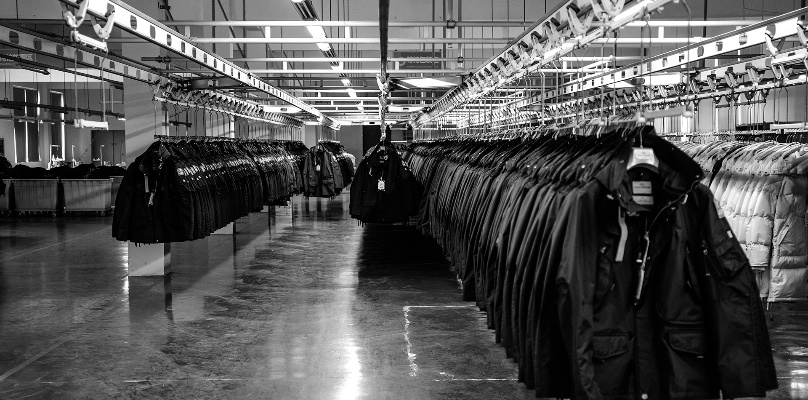
- 纺织工业:随着科技的进步,纺织工业也在不断发展,新型纺织材料的出现,如纳米纤维、生物降解纤维等,为纺织工业带来了新的发展机遇,绿色制造和智能制造也在推动纺织工业的转型升级。
- 纺织服装产业:随着人们对服装品质和舒适性的要求不断提高,纺织服装产业也在不断发展,新型面料和款式设计的应用,以及智能制造成本的不断降低,都为纺织服装产业带来了新的发展机遇。
- 纺织品在特殊领域的应用:除了上述领域外,纺织品还在医疗、航空航天、军事等领域中发挥着重要作用,医用纺织品在医疗领域中的应用广泛,而航空航天领域中的防辐射纺织品也具有重要价值。
案例分析
以某品牌纺织品为例,其采用天然纤维为主要原料,结合现代设计理念,推出了一系列具有时尚感和舒适性的服装产品,该品牌注重环保和可持续性,采用新型环保纤维和绿色制造模式,为消费者提供健康、环保的纺织品,该品牌还注重款式设计和功能性的结合,以满足不同消费者的需求。
理论阐述
- 纺织品的基本性质:纺织品的基本性质包括透气性、吸湿性、保暖性等,这些性质决定了纺织品在日常生活中的应用范围和特点。
- 纺织品的分类与特点:根据不同的分类标准,纺织品可以分为多种类型和特点,根据材质分类,有天然纤维、合成纤维等;根据用途分类,有服装面料、家居装饰品等,这些特点决定了纺织品在不同领域中的应用和发展趋势。
- 纺织品的创新与发展:随着科技的进步和人们对纺织品品质和舒适性的要求不断提高,纺织品的创新与发展成为一个重要的研究方向,新型纤维的开发和应用、绿色制造和智能制造等技术的发展都为纺织品的创新与发展带来了新的机遇。
图表展示
以下是一些图表展示:
- 纺织品面料种类与占比图 (根据相关数据绘制)
- 纺织品在不同领域中的应用情况图 (通过数据可视化展示不同领域中纺织品的应用情况)
纺织品作为日常生活中不可或缺的一部分,其在不同领域中的应用和发展都呈现出新的趋势和特点,随着科技的进步和人们对纺织品品质和舒适性的要求不断提高,纺织品的应用领域还将不断扩大和发展,纺织品的创新与发展也是一个重要的研究方向,新型纤维的开发和应用、绿色制造和智能制造等技术的发展都将为纺织品的创新与发展带来新的机遇。
Articles related to the knowledge points of this article:
Embracing the Global Scene:The Story of Shaoxing Qiaoyi Textiles
Exploring the Beauty of Fuman Textiles:A Comprehensive Guide
The Global Fabrics of Shenzhen:A Look at the International Textile Market

